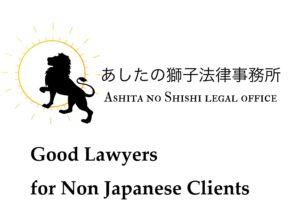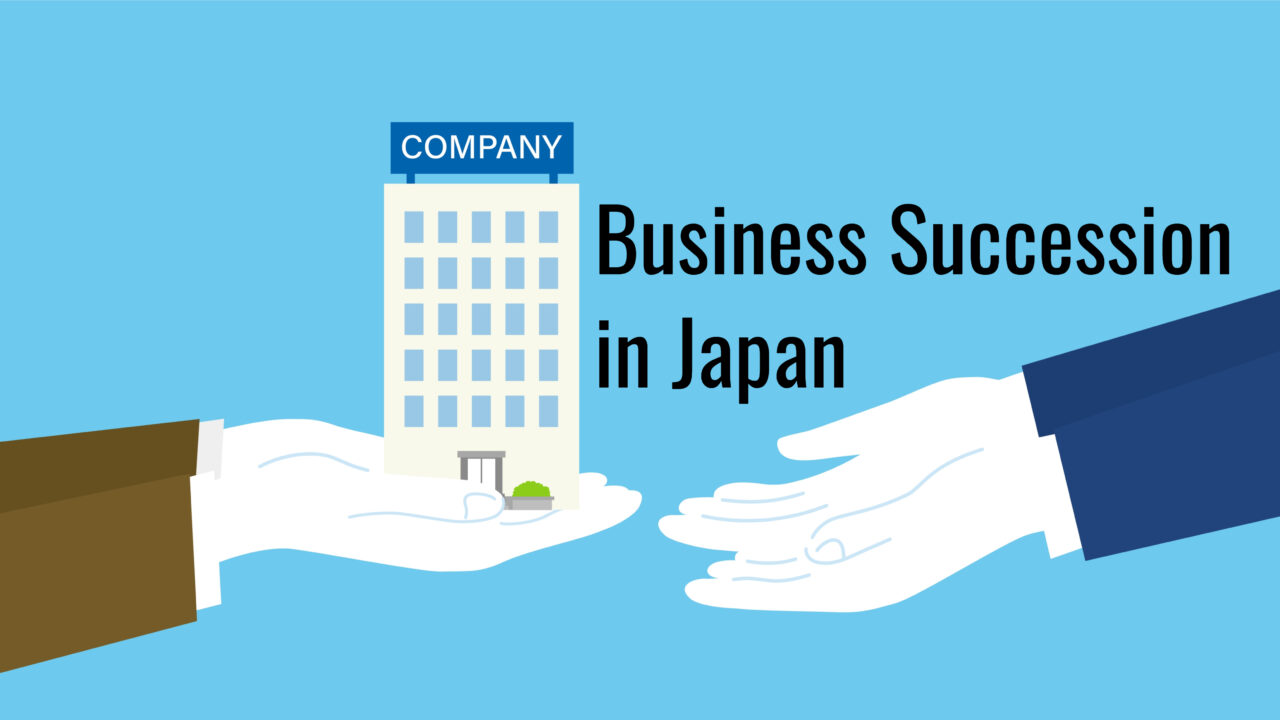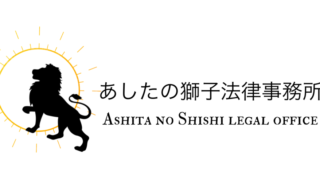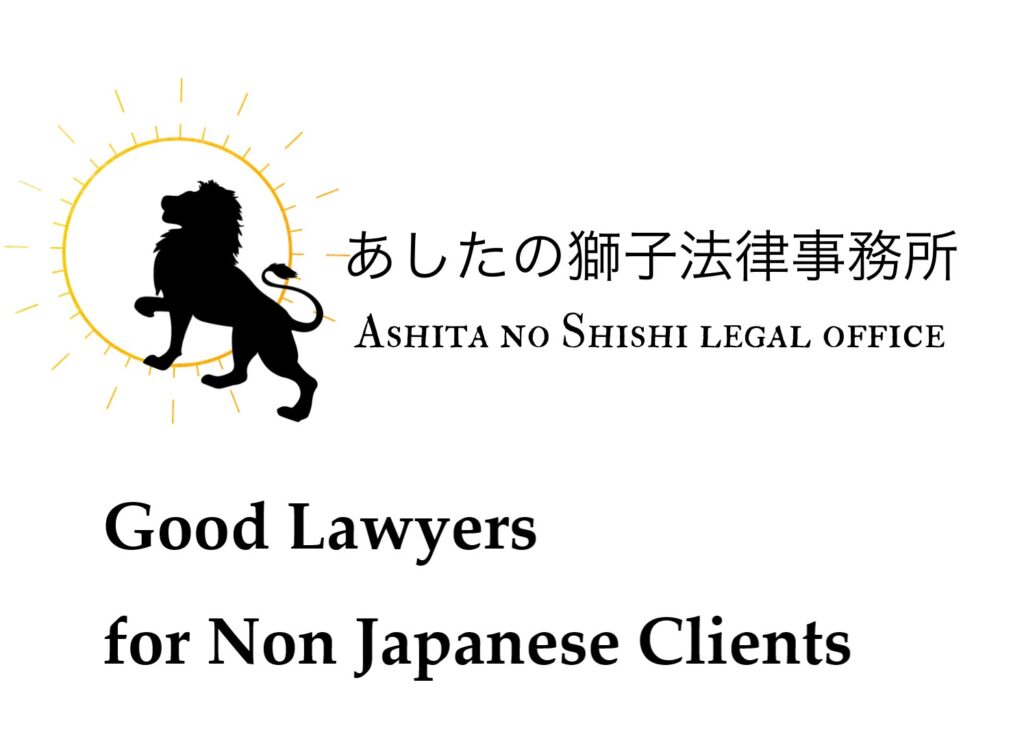To whom you should succeed your business?
“To whom you should succeed your business?” is the most challenging question. Broadly speaking, there are three ways:
(1) Succession to your family member;
(2) Succession to an officer or employee of your company; and
(3) Succession to third party (M&A).
Succession to your family member

Children often inherit businesses from their parents. Since it is traditional and common way in Japan and other countries, it is emotionally acceptable to their employees and other stake holders in most of the case.
Besides, business owners can secure sufficient time to educate their children as their successors. So, if one of your children wants to succeed your business, this is the first option you should think about.
Unfortunately, however, not every business owner has a child who has a quality of a business owner and a desire to inherit your business.
Also, you need to give careful consideration to the possibility of inheritance dispute among family members if you succeed all asset or stock of the company to one of the members.
If the decedent is a non-Japanese resident, the laws of their home country may apply to the inheritance. In such case, you should get assistance from a lawyer who has experience in international inheritance.
Succession to Officer or Employee of your company
Succession to an officer or employee who is not one of your family members is the second option. What is good about this is business owners can choose capable person from all staffs in their companies. In other words, you can have more candidates if you don’t stick to the idea of succession to your family member.
In addition, staffs who have worked with you in the company for a long time must know the business as well as you do. So educating successor may not be necessary and transition would be easier than the other ways.
However if business size of your company is not small, the employee might not have enough money to buy all stocks of your company. In such case, business owners may need to maintain large portion of ownership even after succession and only assign managing rights of the company to him or her.
For example, CEO of your company will be changed to the successor but you or your family members continuer to be the largest shareholder. In this case, it is important to consider how to avoid future dispute between the successor and your family member who inherit the ownership.
Succession to third party (M&A)

Your family members, staffs and stakeholders might not want third party to take over your business. And such third party usually doesn’t know well about your business. Therefore, to succeed business to third party, more education to the successor and more explanation to stake holders are required. You may need to stay in the company for a while after succession for PMI (Post Merger Integration).
In spite of such disadvantages, recently many business owners are choosing this option. One reason is because they can’t find good candidate in their family or staffs. But more importantly, many business owner regards M&A as an opportunity. If your business is struggling, passing your business to a third party may improve the performance by incorporating external perspective. Synergy with big companies might push your business up to the next stage. And of course business owner could get large fortune by selling stocks and assets to them.
How to proceed business succession?
Business succession takes years but it suddenly becomes necessary. It can’t be too early to start preparing for it. There are many schemes you can use including stock purchase, Will, Trust, financing, tax exemption, etc. Getting advices from specialists are essential to achieve successful succession.











